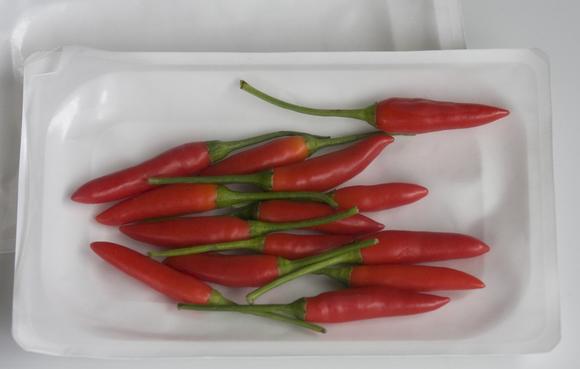Cardia Bioplastics, supplier of sustainable resins to the global plastics and packaging industries, has received Halal certification for its range of Biohybrid resins.
Issued recently to Cardia by the Chinese Islamic Association – a Halal Certification Body appointed by Halal Malaysia, Department of Islamic Development Malaysia (JAKIM) – the certification means Biohybrid resins now have formal acknowledgement of compliance with Islamic laws regarding safety and quality, allowing them to be used in and by Muslim cultures worldwide.
JAKIM is highly recognised throughout the Islamic world and therefore makes Cardia’s Halal certification credible in all Muslim countries.
Cardia Bioplastics MD, Dr Frank Glatz, says that the Halal certification is a significant commercial milestone for the Company: “The Halal symbol has gained significant commercial value across the globe because the underlying principles of the criteria are universal and transcend boundaries of race and religion.
“Quite simply, it provides assurance of absolute quality in the product and manufacturing process,” says Dr Glatz.
“Meeting the strict Halal criteria imposed by Islamic Law is universal recognition that our Biohybrid resins are safe to use in food packaging applications; are manufactured hygienically using high quality techniques and resources; and that consumers can place trust in our products.”
Dr Glatz adds that Halal certification opens up a “wealth of opportunities” for Cardia to market its renewable Biohybrid resin technology to the rapidly growing global Muslim community.
“It is estimated that 1.6 billion people worldwide follow Muslim teachings, therefore having Halal certification opens up the opportunity for Cardia to significantly increase our market share of the global plastics and packaging industries,” he says.
“The potential of Halal certification should not be underestimated; many people assume that the term Halal refers only to food.
“In fact, the Halal certification can apply to a number of categories, including food, beverages, pharmaceuticals, healthcare and cosmetic products and in our case, consumables.”
Established in 2002 with its main headquarters in Melbourne, Australia, Cardia Bioplastics has a Product Development Centre and manufacturing plant in Nanjing, China, with offices in the US, Europe, Malaysia and China.
Cardia Biohybrid resins combine renewable plant-based thermoplastic starch with oil-based polymer material to reduce dependence on finite oil resources by up to 50 per cent


